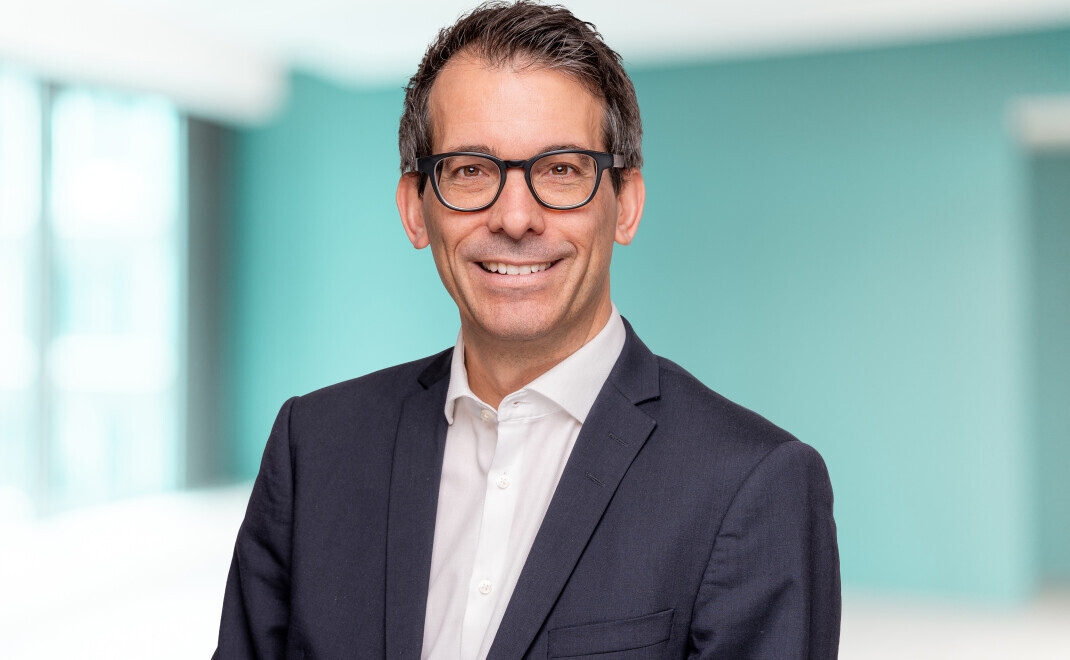Prison Action Days | Trapped between utopia and reality
The city on the Rhine, located in North Rhine-Westphalia, is launching an experiment: Inmates are to be released from prison, given work, housing, and therapy, and thus encouraged to confront their crimes. The goal: resocialization, less violence, and a system without prisons. A utopia for some, a frightening concept for others.
The city of Rheinstadt doesn't actually exist. But the fictional location in the television series "A Better Place" illustrates that debates about abolitionism, unlike a few years ago, have now reached public television . Representatives of abolitionism stand in the tradition of the anti-slavery movement. They demand the end of repressive structures such as the police and prisons, as well as the ideologies underlying them, and the creation of solidarity-based structures as a prerequisite for a more just society.
A screening and discussion of "A Better Place" in Bochum kicked off the "Prison Action Days," which are taking place nationwide this week under the motto "Is a world without prisons possible?" An alliance of organizations providing support for offenders, social welfare associations, and civil society groups aims to dismantle prejudices against offenders, highlight the impact of imprisonment, and describe and improve working conditions behind bars. Furthermore, as the alliance states on its website, the days serve "to move the debate about the function of punishment and prisons from the professional sphere into the wider public."
While this seems to have been successful in recent years, the practice is developing in a different direction. The alliance was founded in 2017, modeled on the Franco-Belgian "Journées Nationales Prison" (National Prison Days). According to the French information platform "Prison Insider," the prison population has risen steadily in France, Belgium, and Germany in recent years. So too have the lengths of detention, i.e., the length of sentences.
French remand prisons were recently operating at an average of 150 percent capacity, with some exceeding 200 percent. This summer, the German states of Baden-Württemberg and Saarland reported occupancy rates exceeding 90 percent. Rhineland-Palatinate had no available spaces at all, resulting in multiple occupancy of cells. Critical criminologists like Christine Graebsch , a member of the Alliance of Action Days, believe that increased investment in prison infrastructure, such as buildings and staff, will lead to a rise in the number of inmates.
This summer, France also saw the opening of its first prison modeled on US maximum-security facilities. This means single cells, one hour of exercise in the yard per day, and visits only behind glass partitions followed by full-body searches. According to critical criminology, stricter prison conditions hinder rehabilitation because it makes it harder for individuals to reintegrate into society. More liberal forms of detention, where the focus is on rehabilitation, as in the city on the Rhine, currently exist only in isolated cases in Germany, primarily for juvenile offenders.
The consequences of this practice will be highlighted by the "Prison Action Days." Following information sessions on volunteering in prisons, discussions on substitute imprisonment and decriminalization, as well as theater performances, the event will conclude with a final performance set in the fictional Rhine city of Oldenburg on November 11th.
The "nd.Genossenschaft" belongs to its readers and authors. It is they who, through their contributions, make our journalism accessible to everyone: We are not backed by a media conglomerate, a major advertiser, or a billionaire.
Thanks to the support of our community, we can:
→ Report independently and critically → Shine a light on topics that otherwise remain in the shadows → Give a voice to those who are often silenced → Counter disinformation with facts
→ Strengthen and deepen left-wing perspectives
nd-aktuell


